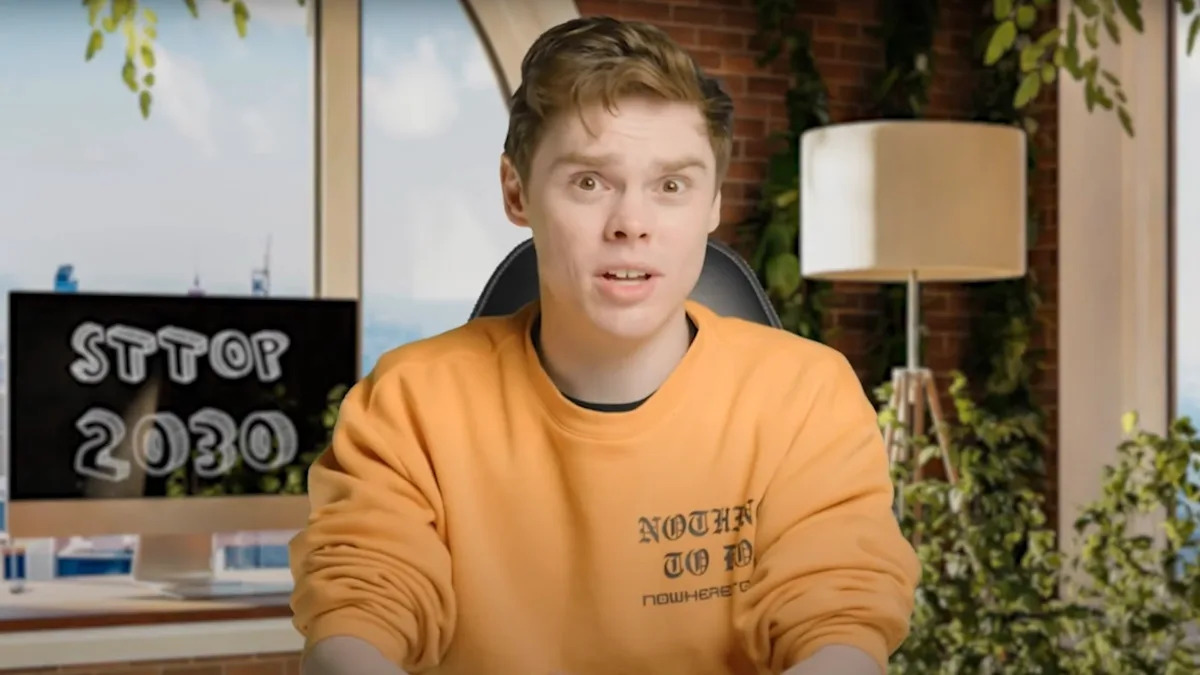Many young people are increasingly anxious about climate change. In fact, a 2018 study of people aged 18 to 34 found that 72% of them felt negative environmental news affected their mental well-being, and a June study from Columbia said educators need more support in schools to grapple with these challenges.
Now, one award-winning educational initiative is tackling this issue head-on among students and educators in Australia, as reported by EducationHQ.
Stay Tuned to Our Planet is a creative education project that blends social media-savvy storytelling with real-world solutions to eco-anxiety. Originally launched on platforms such as YouTube and TikTok, the video series is designed to help Gen Z better understand its role in climate solutions.
With its success, the free education series has been expanded and incorporated into Australian school curriculum. To make it classroom-ready, the team behind STTOP partnered with top mental health experts from Australia’s youth mental health organization Headspace, Orygen Institute, and Psychology for a Safe Climate to develop a Teacher Support Resource.
This guide helps educators lead climate conversations in a way that reduces stress and builds student agency while acknowledging that many teachers are navigating their own eco-anxiety.
“The emotional toll on children is being amplified by the tone and content of educational materials that catastrophises environmental issues and asserts that young children have no future,” educational psychologist and researcher Clare Rowe, who authored a report in May for the Institute of Public Affairs on the topic, told EducationHQ.
By focusing on empowerment, not alarmism, the STTOP initiative encourages students to take local action while learning age-appropriate science.
“Providing resources and support around eco-anxiety, as well as giving people an ability to do meaningful action locally, is really one of the keys to reduce the impact of these concerns on people’s day to day living,” said Simon Dodd, national clinical advisor at Headspace. “You need to give them some power and agency over their own lives, a sense of hope.”
The impact is already measurable. In pilot classrooms across New South Wales and Western Australia, 85% of surveyed students said the program gave them more ideas for how to help prevent climate change. More than 60% said it improved their understanding of the issue. By giving students the tools to think critically, act constructively, and feel supported, STTOP is paving the way for a generation that won’t be immobilized by fear but instead empowered by knowledge.
As the program expands, its creators are continuing to prioritize collaboration with young people and educators. Their goal is to make sure climate education is realistic, hopeful, and grounded in community action.
“They’ve done some very strong work with some very, very sensitive subjects,” Dodd said. “And they’ve done that in a sophisticated way and have been very mindful of the impact on the people seeing the materials and their mental health.”
Join our free newsletter for good news and useful tips, and don’t miss this cool list of easy ways to help yourself while helping the planet.
